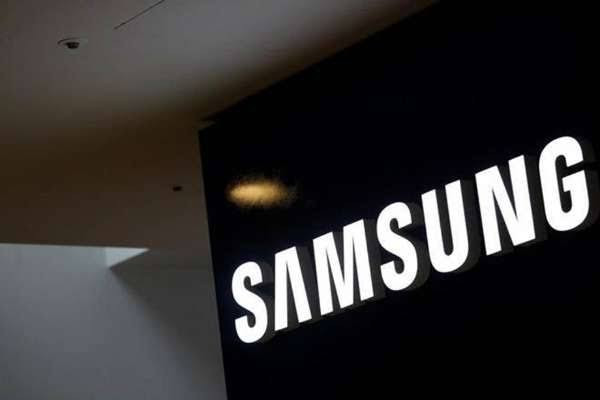The South Korean giant is once again investing heavily in semiconductors, unlike its rivals by observing the market carefully for mergers, facility investments, and acquisitions after having survived Japan's export curbs and the ongoing trade issues by posting better third-quarter earnings.
Vice-Chairman and CEO Kim Ki-Nam said there are different signals pointing to market recovery agreeing that the prices of memory chips have fallen steeply and Samsung's third-quarter earnings turned out better than expected.
He also confirmed that the demand for server DRAM chips is on the rise.
A two-year super cycle for memory chips started around the fall of 2016.
When the market started to turn the other way around, Samsung pared chip-related investments by 30% year-on-year basis.
The company announced its 62 trillion won ($51.9 billion) in sales with an operating profit of 7.7 trillion won during July-September.
While this is a 56% plunge from a year earlier, the world's largest semiconductor maker's profits went up 17% from April-June.
Still, the estimates for sales are down 5.29 percent and the operating profit is down 57.3 percent on-year, respectively.
It's rival, U.S.-based Micron Technology, the third-ranked producer of semiconductors, suffered a 40% drop in operating profits from March-May and June-August.
Analysts think Samsung is doing well in spite of Japan's export curbs and global trade issues.
Market watchers assumed that the smartphone and display units are the ones that performed well in the third quarter rather than the company's semiconductor division.
They noted the high sales of the Galaxy Note 10 and the popularity of Galaxy Fold contributing to the company's third-quarter earnings.
Though Samsung officials said they expect a better performance in the fourth quarter, they are realistic about it saying that it still could take a little more time though the company has reduced its inventory level significantly already.
Financial analysts predict the inventory levels of DRAM at Samsung and rival SK hynix normalizing by the second quarter of next year.
On next year's facility investments, merger and acquisition plans, Kim voiced out the company's diligence stating they would observe market conditions more carefully.
On Samsung's plan to acquire a fabless company for the expansion of its system-on-chip business this year, it is still ongoing with different measures getting considered, according to Kim.
Still, Samsung has been getting new equipment for its billion-dollar plant in Xi'an, China that will be operational as early as the spring for NAND flash memory for local smartphone makers like Huawei Technologies.
The company is also expanding its Pyeongtaek site near Seoul having broken ground there in 2018 for a second plant for which Samsung could start ordering equipment as early as spring.





